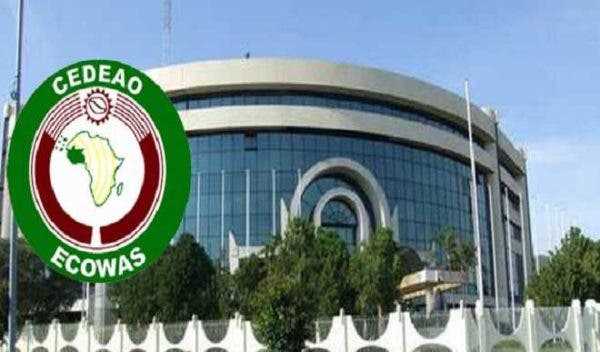ECOWAS Bank for Investment and Development (EBID)has proposed increased subregional trade and structural transformation among ECOWAS countries. The Bank officially released its 2022 edition of the West Africa Development Outlook (WADO), which takes stock of socio- economic developments of the previous year and presents a macroeconomic outlook for the year 2022. The WADO discusses the socio-economic challenges of the times and postulates policy interventions that could help ease these challenges.
The 2022 WADO, which is themed, “Navigating Global Shocks through Structural Transformation and Trade”, discusses how the ECOWAS sub-region can mitigate the recent price escalation by increasing local production capacities, improving intra-regional trade and embarking on a deliberate structural transformation agenda. It also discusses the causes of the recent price hikes as being structural and the need for cautious monetary policy interventions. While announcing the release of the WADO, the President and Chairman of the Board of Directors of EBID, Dr. George Agyekum Donkor, emphasised the importance of the review of key economic indicators as a way of highlighting the impact of recent global events on ECOWAS economies and postulating mitigating actions for policy makers’ consideration. He stated that the WADO also highlights the opportunities and threats in the sub-region to guide the investment decisions of existing and would-be investors.
The Director of Research and Strategic Planning of the Bank, Mr. MacDonald Saye Goanue, spoke about the challenging macroeconomic environment the Community faces as a result of which growth prospects have been downgraded. The elevated food and energy prices pose a great risk to fiscal consolidation and debt sustainability, while threatening to increase current account deficits and exerting pressure on local currencies. There is the need for a fiscal and monetary policy synchronicity to successfully navigate these challenges.

